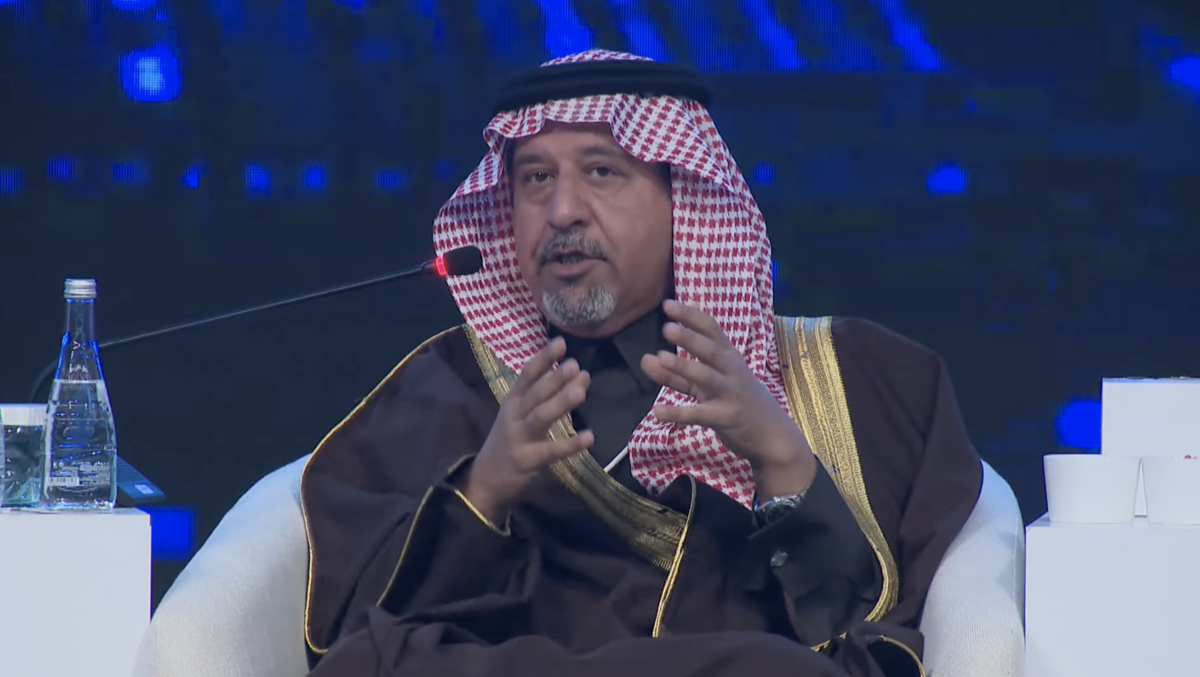RIYADH: Domestic tourism in Saudi Arabia witnessed steady growth during the first four months of 2024, an industry report showed.
The report, based on the data extracted from Almosafer’s consumer travel platforms, showed that 53 percent of the total bookings accounted for local tourist destinations.
The top domestic destinations were Makkah, Riyadh, Jeddah, Alkhobar, and Abha while people also showed keen interest in visiting AlUla, Tabuk, and Hail.
The sustained interest in domestic tourism showcases the success of government and private sector initiatives to boost local tourism, resulting in a 29 percent increase in total domestic booking volume across Almosafer channels.
Flights saw a 27 percent increase compared to the same period last year while hotel bookings rose by nearly double at 40 percent in the same duration.
With Saudi Arabia’s tourism sector booming, travelers are keen to make the most of their breaks as they focus on in-destination experiences.
The addition of more flight routes, an increase in capacity, and the opening of new airports in the Kingdom has led to more affordable flight options on low-cost carriers, while Saudi travelers are willing to spend on luxury stays with 51 percent of hotel bookings on the platform being for 5-star properties and experiences, they are taking advantage of budget-friendly flight options.
Data showed an overall jump from 55 percent in 2023 to 62 percent among travelers opting to fly low-cost this year.
Internationally this year 46 percent of total bookings were done for low-cost carriers compared to 44 percent in 2023.
In terms of international destinations, Dubai, Doha, Manama, Cairo, and Istanbul remain the top favorites among Saudis. At the same time, there has been a significant shift of focus toward South Asia and the Far East with Tokyo, Singapore, and Bangkok increasingly seeing more footfall from Saudi travelers.
European capitals including Madrid and Amsterdam are also emerging as trending destinations for bookings made in the first four months of 2024.
It is worth noting that the Kingdom hosted 27.4 million international and 79.3 million domestic tourists in 2023, witnessing 65 percent and 2 percent growth compared with 2022, respectively.
The tourism sector has become important to the national economy, as spending on tourism by domestic and international tourists exceeded SR250 billion ($66.7 billion) in 2023. The sector is set to contribute 10 percent to the non-oil gross domestic product and create 1 million job opportunities by 2030. This spending represented more than 4 percent of the Kingdom’s GDP and 7 percent of the non-oil GDP, highlighting the significance of the tourism sector to the Kingdom’s economy.
According to a World Tourism Barometer report released in January 2024, Saudi Arabia topped UN Tourism’s ranking for the growth of international tourist arrivals in 2023 compared with 2019 among large destinations, achieving a 56 percent increase in international tourist arrivals.
Additionally, the report indicated that Saudi Arabia recorded a remarkable tourism recovery rate of 156 percent in international tourist arrivals in 2023 compared with 2019.
These notable achievements have positioned the Kingdom as a leader in the Middle East’s global tourism recovery. It was the only region to surpass pre-COVID-19 pandemic levels, with a 122 percent recovery rate in international tourist arrivals in 2023 compared with 2019.
























